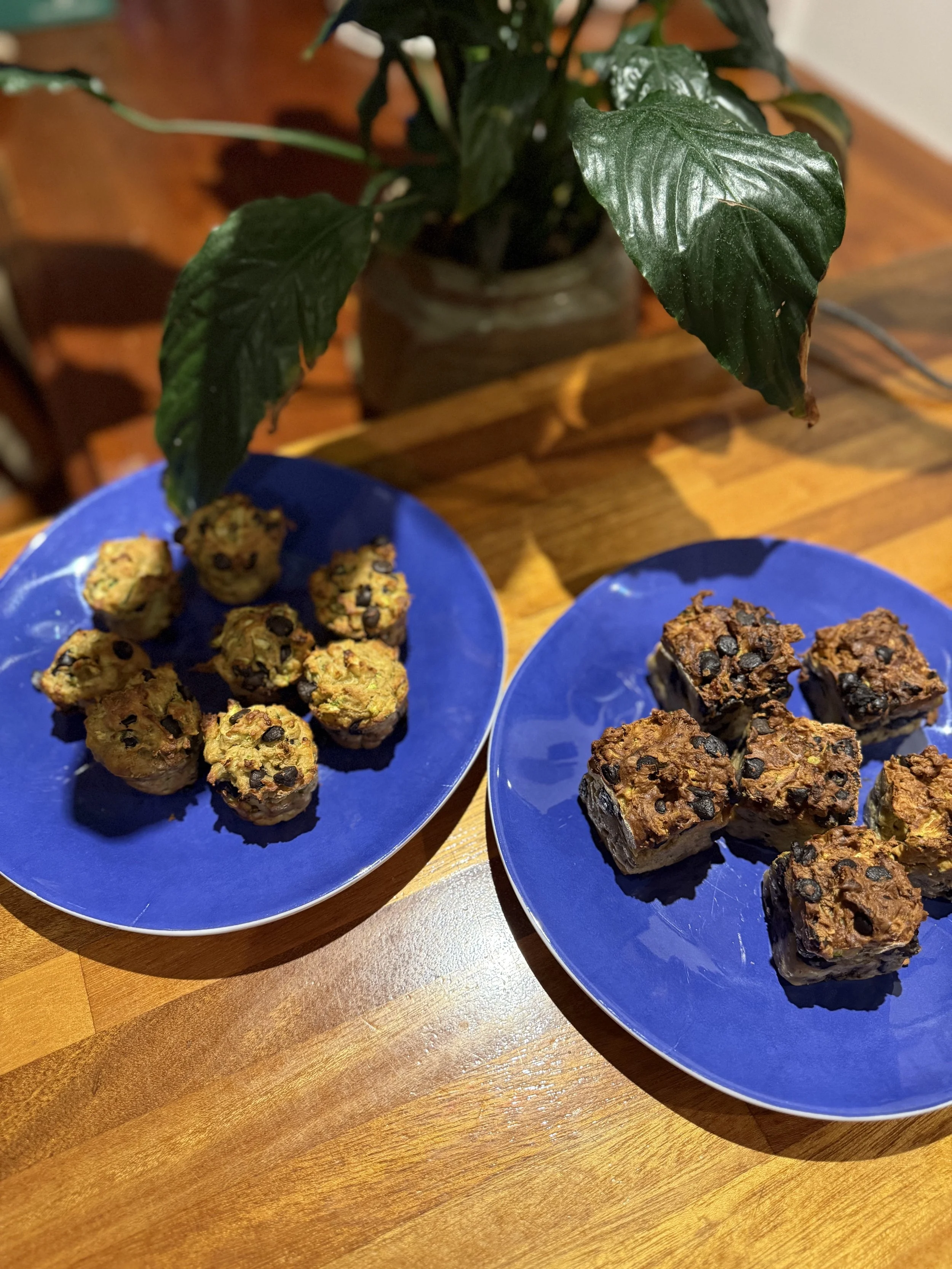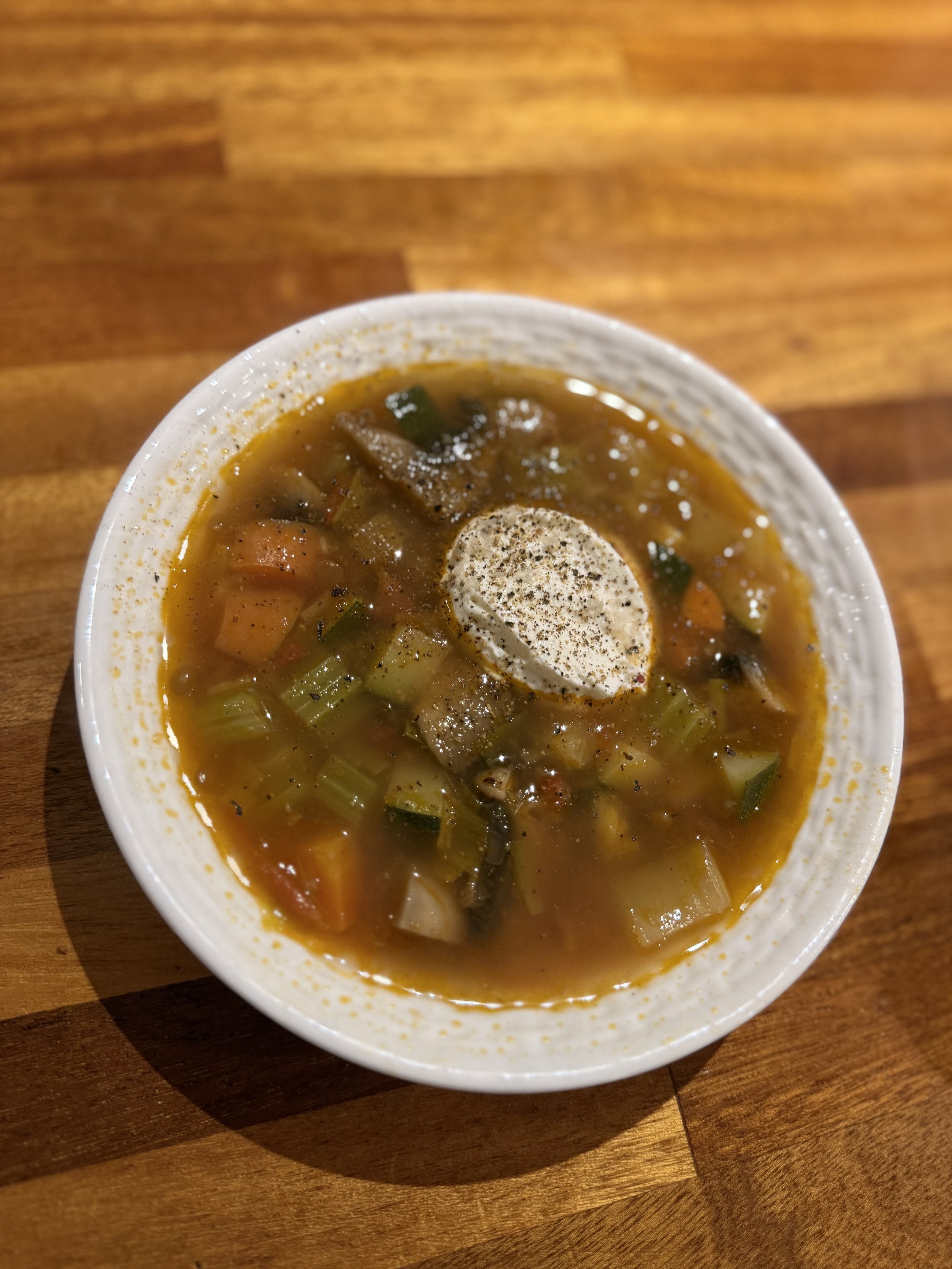GUT HEALTH RECIPES
Recipes for gut health prioritise ingredients that promote a balanced and thriving gut microbiota, crucial for overall well-being.
The significance of each component lies in their specific contributions to gastrointestinal health:
Fibre-Rich Foods: Fruits, vegetables, and whole grains provide soluble and insoluble fibre, promoting regular bowel movements and supporting a healthy gut environment.
Probiotic-Rich Foods: Fermented foods like yogurt, kefir, sauerkraut, and kimchi introduce beneficial bacteria to the gut. These microorganisms aid in digestion, enhance nutrient absorption, and contribute to a robust immune system.
Prebiotic Foods: Garlic, onions, and asparagus are rich in prebiotics that nourish existing beneficial bacteria in the gut and actively support a thriving gut environment.
Lean Proteins: Opting for lean protein sources like poultry, fish, and tofu provides essential nutrients without excess fat. Not only do they contribute to muscle health but also offer easily digestible proteins.
Nuts and Seeds: Almonds, chia seeds, and flaxseeds offer fibre and omega-3 fatty acids, contributing to gut health and also nurturing a diverse gut microbiome.
Herbs and Spices: Incorporating anti-inflammatory herbs and spices like ginger, turmeric, and peppermint soothes the digestive system. A ginger-turmeric tea or a peppermint-infused water provides both comfort and digestive support.
Hydration: Staying well-hydrated with water and herbal teas supports digestion and nutrient absorption. Proper hydration ensures a well-lubricated digestive tract, aiding in the movement of food through the system.
These nutrients contribute to gut health by fostering a diverse and balanced gut microbiome. Improved digestion, enhanced nutrient absorption, and overall well-being are associated benefits.
The food we eat helps us to maintain health and manage medical conditions. A balanced, nutrient-rich diet profoundly influences the body's functioning and overall well-being.
1. Nutrient Content: Foods contain essential nutrients vital for body functioning, growth, and health maintenance.
2. Disease Prevention: A diet rich in fruits, vegetables, whole grains, and lean proteins lowers the risk of chronic diseases like heart disease, diabetes, and certain cancers.
3. Inflammation and Immunity: Certain foods, such as fruits, vegetables, and omega-3 fatty acids, have anti-inflammatory properties that boost the immune system.
4. Gut Health: Foods with probiotics and prebiotics support a healthy gut microbiota, impacting digestion, nutrient absorption, and immune function.
5. Energy and Mental Health: A balanced diet provides energy for daily activities and influences neurotransmitter production, affecting mood and cognitive function.
6. Weight Management: A nutritious diet and regular physical activity are crucial for maintaining a healthy weight.
7. Individualised Nutrition: Recognising individual nutritional needs based on factors like age, gender, genetics, and health conditions is crucial.
Adopting a balanced, nutrient-dense diet is essential for overall well-being, preventing, and supporting the management of health conditions. It does not replace the need for some medications but it can assist in ensuring optimal health with less medical intervention.




